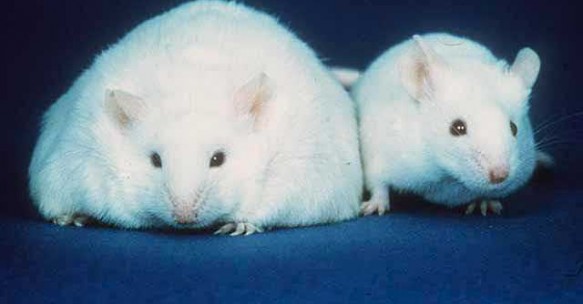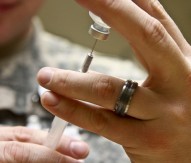
Genetic & epigenetic links to diabetes discovered
An analysis of the genomes and epigenomes of lean and obese mice and humans has turned up a wealth of clues about how genes and the environment conspire to trigger diabetes, according to researchers at Johns Hopkins University in Baltimore, Maryland.
The findings, part-funded by the European Research Council and also involving scientists from the Karolinska Institutet in Sweden, reveal that obesity-induced changes to the epigenome (reversible chemical ‘tags’ on DNA) are similar in mice and humans and could now provide a new route to prevention and treatment of the disease. It is commonly known that diseases, including diabetes, are a result of a combination between genetic and environmental risk factors.
Investigating the links between epigenetics and the rapid increase in Type 2 diabetes, scientists studied the epigenetics of otherwise identical mice that were fed either normal or high-calorie diets. Analysing epigenetic marks at more than seven million sites in the DNA of the mice’s fat cells, the researchers found clear differences between the normal and obese mice. Some sites that bore chemical tags called methyl groups in the lean mice were missing them in the obese mice, and vice versa. The methyl groups prevent genes from making proteins.
Speaking about the research, Andrew Feinberg, director of the Center for Epigenetics at Johns Hopkins, said: “Mice and humans are separated by 50 million years of evolution, so it’s interesting that obesity causes similar epigenetic changes to similar genes in both species. It’s likely that when food supplies are highly variable, these epigenetic changes help our bodies adapt to temporary surges in calories. Yet if the high-calorie diet continues over the long term, the same epigenetic pattern raises the risk for disease.”
The research team also found that some of the epigenetic changes associated with obesity affect genes already known to raise diabetes risk. Others affect genes that had not been conclusively linked to the disease, but that turned out to have roles in how the body breaks down and uses nutrients, a process called metabolism. The results also suggest that an epigenetic test could be developed to identify people much earlier on the path to diabetes in the hope of disease prevention.
The study is published in the journal Cell Metabolism.






